Clear, Collaborative and Creative Thinking; the Challenge of post Covid Schooling
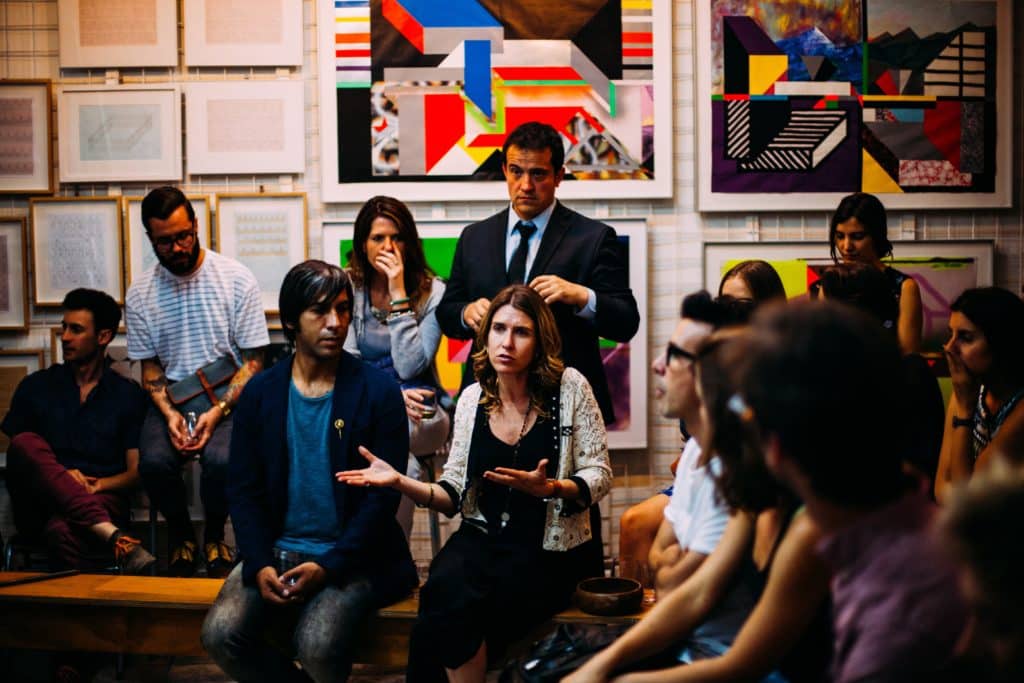
The drive to ‘do’ versus the need to think
The drive to ‘do’, to get on with things, to find a solution is sometimes derived from a psychological defensive position whereby we perceive ‘thinking’ to be too threatening. Thinking in complex ways about challenging subjects requires the thinker to step into a place of not knowing. More than that, it demands that they stay there long enough for either the answer to arrive or for a better question to present itself.
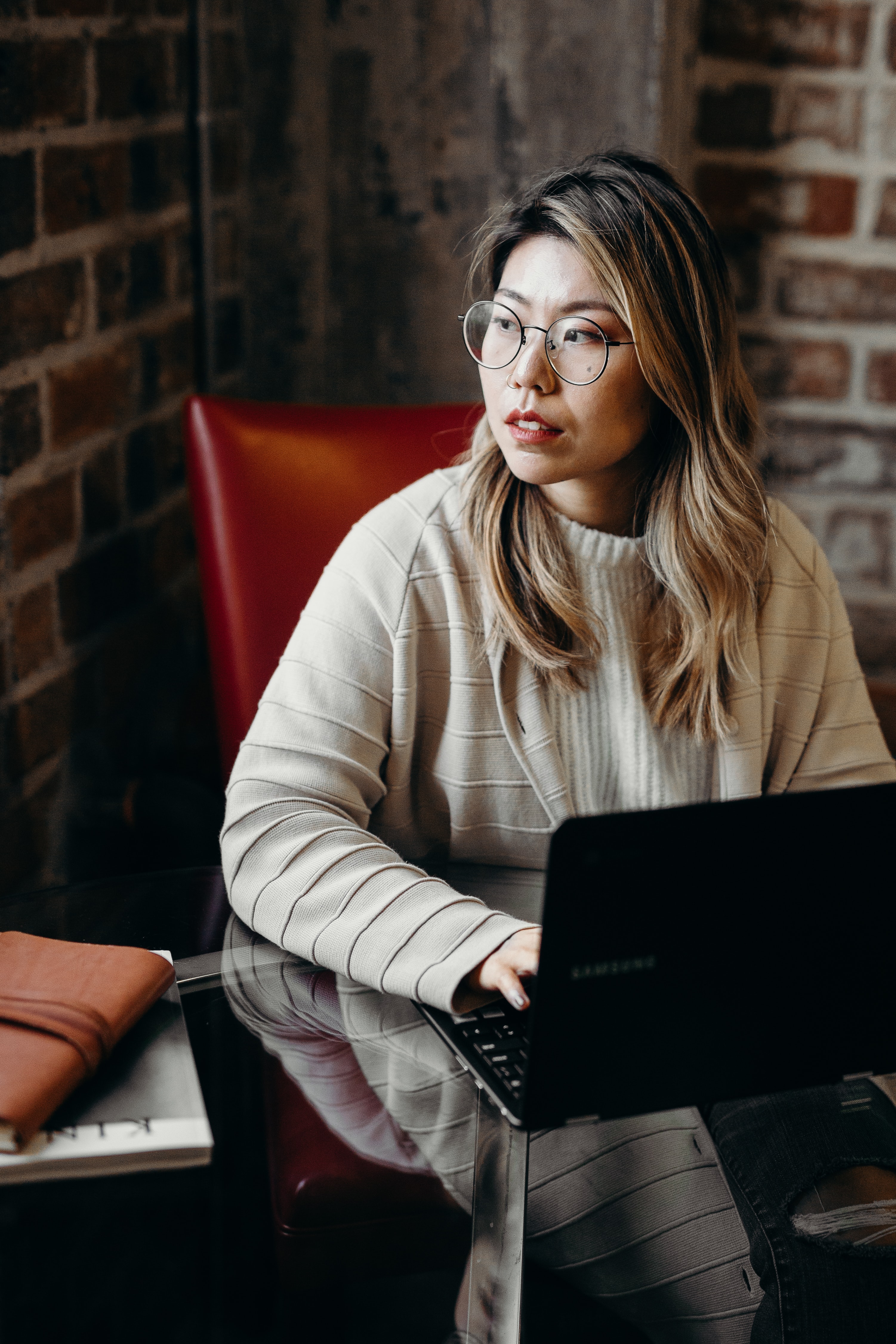
The current directive that schools should begin to return to school on June 1st belies such thinking. During the recent and continuing Covid crisis, we – the grown ups – have been presented with an incredible opportunity to reflect and think about all things education; its place in the lives of our children; its role in society as an institutionalised co-parent; the future of an exam focussed system etc.
Schools as co-parents
One of the key things to emerge from the crisis has been the role schools take up as co-parents and shared carers of our children. So many parents currently understand the multi-faceted role their children’s teacher takes up. Time after time we have heard parents say that they just ‘didn’t realise’ how difficult teaching is, how personally demanding, how skilled.
The ground in which to plant the seeds of change has never been so fertile, let’s not concrete it over and bury possibility under the fear of uncertainty.
I spoke to a primary school teacher yesterday who had just returned from a health and safety briefing day at her school. Even though the school is about to be re-populated with children who have, in one way or another, witnessed daily death tolls, possibly the death of their own loved ones, isolation, separation from their friends, their school environment and their teachers, there was not one mention of how that trauma might be addressed. Instead the focus was entirely on whether or not to use the internal fire escape as a way of getting around the school and how to keep children 2 meters apart.
These are important considerations but they are not the only considerations. They are the easy things to think about, the things that can be ‘done’. But they are also the things that we might use to obfuscate the need to help these children, and the teachers, to come to terms with life after Covid-19.
Children learn from us when we aren’t looking
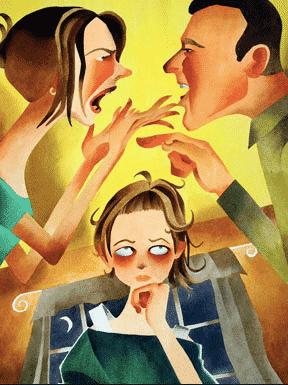
As I write this, we are currently in the middle of Mental Health week and I wonder what lesson we are currently teaching our young people about how the grown-ups, their parents, their teachers, their schools about dealing with mental health. Are we about to teach them that the best thing to do is to repress, to deny and pretend that everything is OK really? Are we going to focus only on those we label in need of ‘support’ and silo mental health into SEND departments or PSHCEE lessons?
The trouble with this ‘solution’ is that it only really solves our problem with thinking clearly about the best solution. In other words, we are using our minds to get rid of difficult thoughts rather than using them to work through, to collaborate, to listen and understand something that is yet out of reach.
Of course finding solutions is imperative but sometimes ‘solution focussed’ thinking is like completing a puzzle with pieces that are already at hand. The current situation calls for a form of evolution and might need to be solved with pieces that aren’t currently in the box.
Solving a puzzle with pieces that aren’t currently in the box
Schools work for the most vulnerable. The most disadvantaged get the most advantage from going to school so getting children back to school is important but the current debate seems to driven by the closed question of ‘How quickly’ rather than the more open and possibly more difficult question of ‘How best’.
Uncertainty presents us with a great opportunity to learn but also provokes anxiety. When anxiety becomes overwhelming humans revert to binary thinking. We get caught up in ‘right’ and ‘wrong’, ‘good’ and ‘bad’. People become for us or against us. Governments in crisis – in anxious times in other words – employ tactics that split thinking into two’s. Some people become pariahs while others are vaunted as heroes. Currently nurses are heroes, not so much when they want a pay rise.
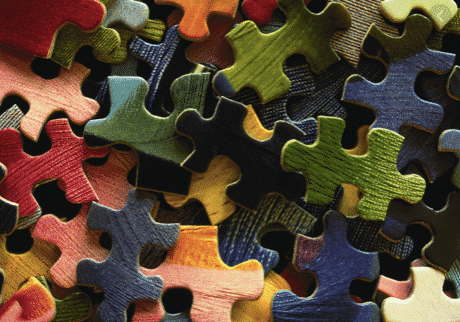
What is currently unfolding in the debate about a return to school is troubling. There are accusations from government minsters that teachers who oppose children returning within a certain time frame somehow ‘don’t care’ about the children. There have been some Heads who want teachers to stop ‘moaning’ about going back to school.
As I think of the children watching this I imagine that they can only be thinking that the grown-ups are only interested in arguing with one another and are not very interested in them or what they may be thinking and feeling as they head back to school.
Implement some new thinking
Our current place of uncertainty provokes anxiety and discomfort but unless we are willing to tolerate that anxiety and lean into the current willingness to find and implement some new thinking around education, we will grasp at solutions that relieve our anxiety but which will be short-term and simplistic.
Schools are about to be called to amplify a role in society that they have always held, that of sanctioned and collaborating co-carer. It is time for all stakeholders to come together and work out the best way of looking after and educating our children. The current snapshot of the educational landscape is very different to one you might have taken in early March. Just trying to rearrange the objects in the frame so they match what was, will not be enough to make a convincing picture of what children need from schools, not only in the coming weeks and months but into an evolving future.




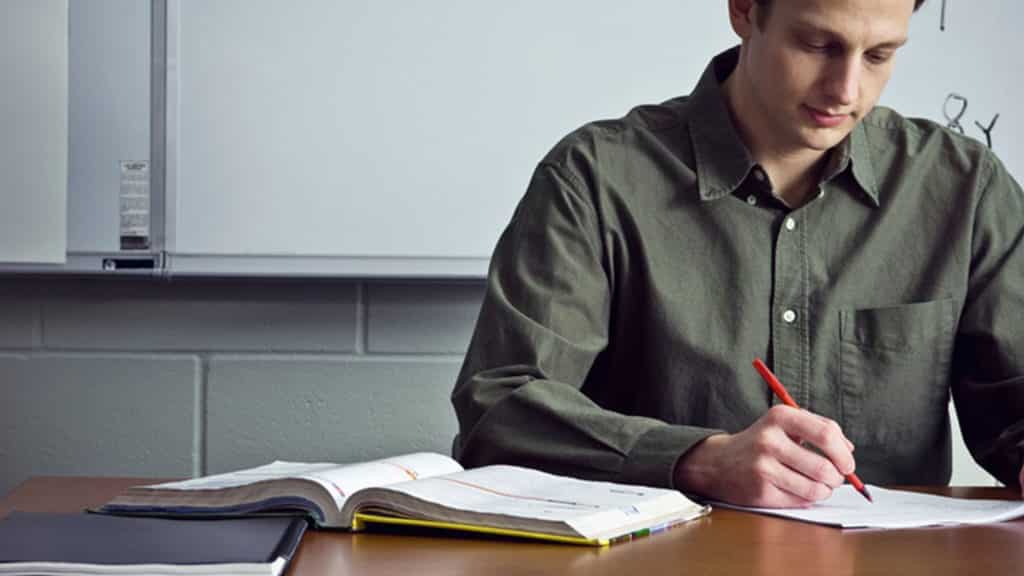
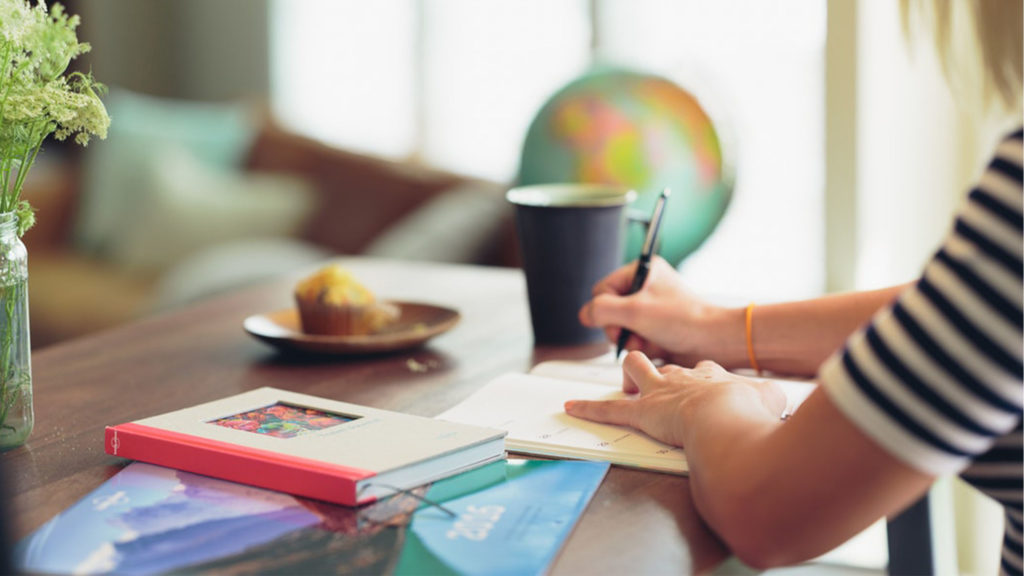
Responses